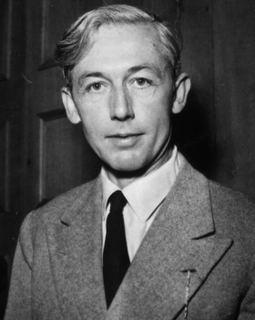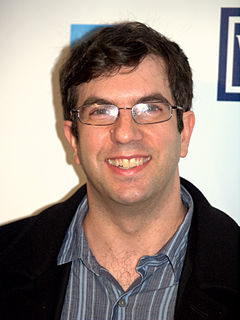A Quote by Dale Carnegie
In short, we lose the freshness and spontaneity of true conversation. These are areas in which everyone interested in self-improvement will seek to improve.
Related Quotes
When you improve a little each day, eventually big things occur. When you improve conditioning a little each day, eventually you have a big improvement in conditioning. Not tomorrow, not the next day, but eventually a big gain is made. Don't look for the big, quick improvement. Seek the small improvement one day at a time. That's the only way it happens - and when it happens, it lasts.
We all have a vast number of areas in which we have no talent or skill and little chance of becoming even mediocre. In those areas a knowledge workers should not take on work, jobs and assignments. It takes far more energy to improve from incompetence to mediocrity than it takes to improve from first-rate performance to excellence.
Introspection is self-improvement and therefore introspection is self-centeredness. Awareness is not self-improvement. On the contrary, it is the ending of the self, of the “I,” with all its peculiar idiosyncrasies, memories, demands, and pursuits. In introspection there is identification and condemnation. In awareness there is no condemnation or identification; therefore, there is no self-improvement. There is a vast difference between the two.
Drop guilt! - because to be guilty is to live in hell. Not being guilty, you will have the freshness of dewdrops in the early morning sun, you will have the freshness of lotus petals in the lake, you will have the freshness of the stars in the night. Once guilt disappears you will have a totally different kind of life, luminous and radiant. You will have a dance to your feet and your heart will be singing a thousand and one songs.
You grow most in your areas of greatest strength. You will improve the most, be the
most creative, be the most inquisitive, and bounce back the fastest in those areas
where you have already shown some natural advantage over everyone else your strengths. This doesn't mean you should ignore your weaknesses. It just means
you'll grow most where you're already strong.
Basketball is an intricate, high-speed game filled with split-second, spontaneous decisions. But that spontaneity is possible only when everyone first engages in hours of highly repetitive and structured practice--perfecting their shooting, dribbling, and passing and running plays over and over again--and agrees to play a carefully defined role on the court. This is the critical lesson of improve, too, and it is also a key to understanding a puzzle of Millennium Challenge: spontaneity isn't random.






































